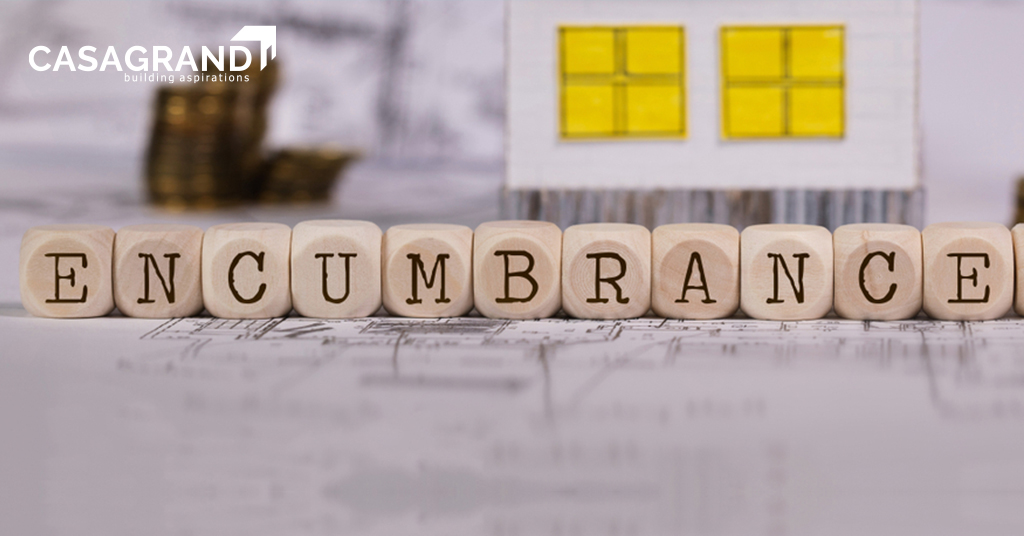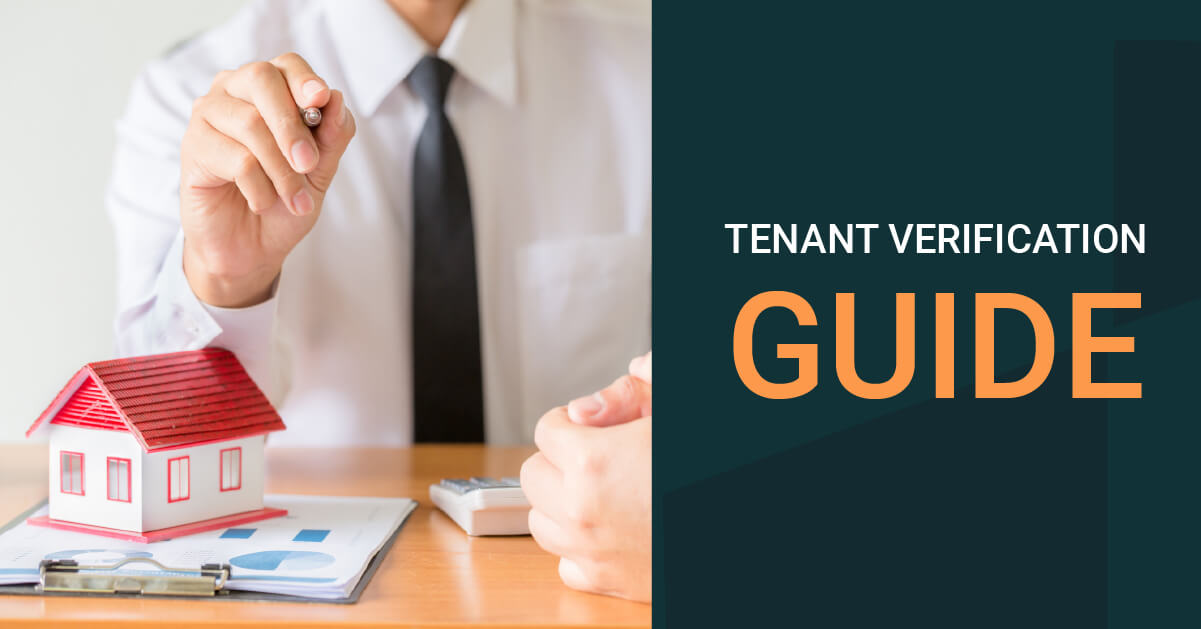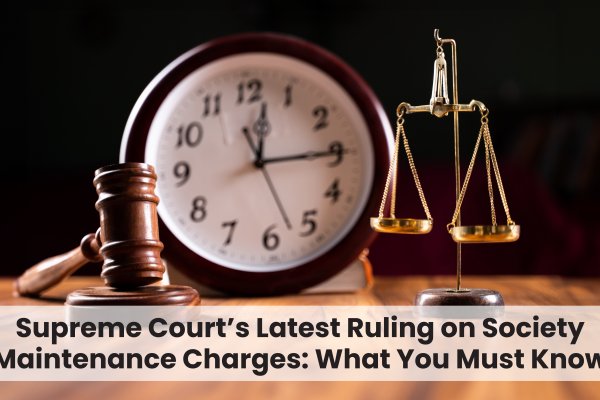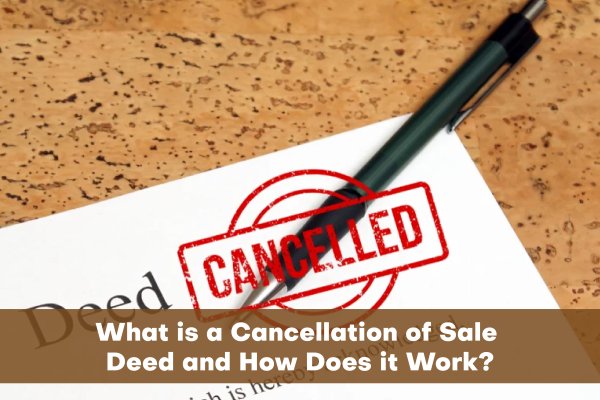In Chennai, the excitement of buying or selling property is often met with complex tax considerations. One area that continues to puzzle many homebuyers and investors is the long-term capital gains (LTCG) on the sale of property. With rising awareness around capital gains, it’s only natural for buyers to question whether property developers in Chennai are transparent about LTCG and what it means for their financial decisions.
So, are developers offering clear insights into LTCG obligation, or are buyers expected to figure it out on their own? Let’s explore.
Understanding LTCG on Property in Simple Terms
A long-term capital gain on a property arises when you sell a residential asset after holding it for more than 24 months. The gain is calculated by deducting the indexed cost of acquisition and improvements from the final selling price.
The LTCG tax rate on property currently stands with indexation benefits, which help adjust the purchase cost for inflation over time. If you’re unsure how this is computed, many online tools, like a capital gain calculator on the sale of property, can help you get a ballpark figure.
While this sounds manageable, it becomes trickier in real-life transactions involving under-reporting, joint ownership, inherited properties, or partial sales.
Are Property Developers in Chennai Discussing LTCG Openly?
In an ideal world, property developers in Chennai would brief every potential buyer or investor about the tax implications involved, not just at the time of sale but also in future resale scenarios. However, the ground reality is mixed.
Some reputed developers do provide detailed breakdowns, working with legal experts and chartered accountants to ensure clients understand the tax landscape. But not all follow this practice.
In many cases, developers focus on price per square foot, location advantages, and amenities while sidestepping conversations about LTCG on property. Buyers often learn about these obligations only at the time of resale or during tax filing.
Why Transparency Matters More Than Ever
With stricter compliance norms from the Income Tax Department and increasing digitalisation of property records, ignoring the LTCG tax on the property is no longer an option.
Buyers today expect developers to provide holistic insights, not just into possession timelines or payment plans, but also into future financial obligations. This is especially true for:
- NRIs or investors with large property portfolios.
- Joint property buyers are planning different exit strategies.
- Senior citizens are exploring retirement property investments.
If you are dealing with property developers in Chennai. In that case, it’s a smart idea to ask upfront about resale support, registration guidance, and if they have experts on board to clarify LTCG issues.
Casagrand ensures that buyers are not left in the dark. Our curated projects come with transparent documentation and expert guidance to inform your decision.
The Role of Documentation in LTCG Clarity
Proper sale agreements, construction-linked plans, and accurate valuation reports are critical to determining your LTCG on the sale of property. Missing or vague documentation can lead to misreporting or higher tax liabilities down the line.
Many developers now offer digital access to documents, valuation reports, and payment receipts, making it easier for buyers to track their cost of acquisition and claim eligible deductions when the time comes.
However, buyers still need to take the initiative. Before purchasing, check:
- If the cost components (including GST, amenities, and stamp duty) are clearly mentioned.
- Whether the builder is registered under RERA and follows fair pricing disclosures.
- If the documents provided can be used later in a capital gain calculator on the sale of property for accurate estimates.
How Much LTCG Could You Actually Incur?
Here’s a simple example: You bought a flat for ₹60 lakh in 2015 and sold it for ₹1 crore in 2025. Using indexation, your adjusted cost could be ₹80 lakh, resulting in ₹20 lakh taxable gain. Applying the LTCG tax rate on property, your liability would be ₹4 lakh.
Had your property been jointly held or partially inherited, this calculation could vary. That’s why clarity from the developer and access to valuation documents are crucial.
For more specific queries, consult a tax advisor or explore projects listed on Casagrand where professional guidance is a given, not an add-on.
Do Government Policies Require Disclosure?
There is no legal obligation yet for developers to explain long-term capital gain on property to buyers. However, under RERA (Real Estate Regulatory Authority), builders must disclose project costs, pricing methodology, and any third-party charges. This indirectly supports transparency and could benefit buyers who are proactive in asking the right questions.
As government bodies continue to tighten the compliance net, it is expected that developers will soon be required to disclose more information, including probable tax implications.
Until then, the onus remains on buyers to raise LTCG questions and ensure they’re choosing credible developers who won’t shy away from these conversations.
What Buyers Can Do to Stay Informed
While developers can and should do more, buyers must also stay informed. Here are a few tips:
- Use a capital gain calculator on the sale of the property before and after purchase to plan your exit.
- Maintain a folder with indexed cost data, transaction receipts, and improvement records.
- Clarify with your developer if all price components are documented for future LTCG calculations.
Doing this not only prepares you for tax obligations but also strengthens your position when negotiating resale or inheritance transfers.
Why Clarity on LTCG Could Save You More Than You Think
Understanding LTCG on property isn’t optional anymore; it’s something every homebuyer should know to make smarter decisions. As a buyer, you deserve to know what your future liabilities might be. At the same time, some property developers in Chennai are setting a positive example, and more need to follow suit.
Casagrand believes in empowering buyers with more than just listings. So, the next time you explore a property, don’t just ask about carpet area or clubhouse access. Ask about long-term capital gain tax on your property. It might just save you a significant sum down the line.


















